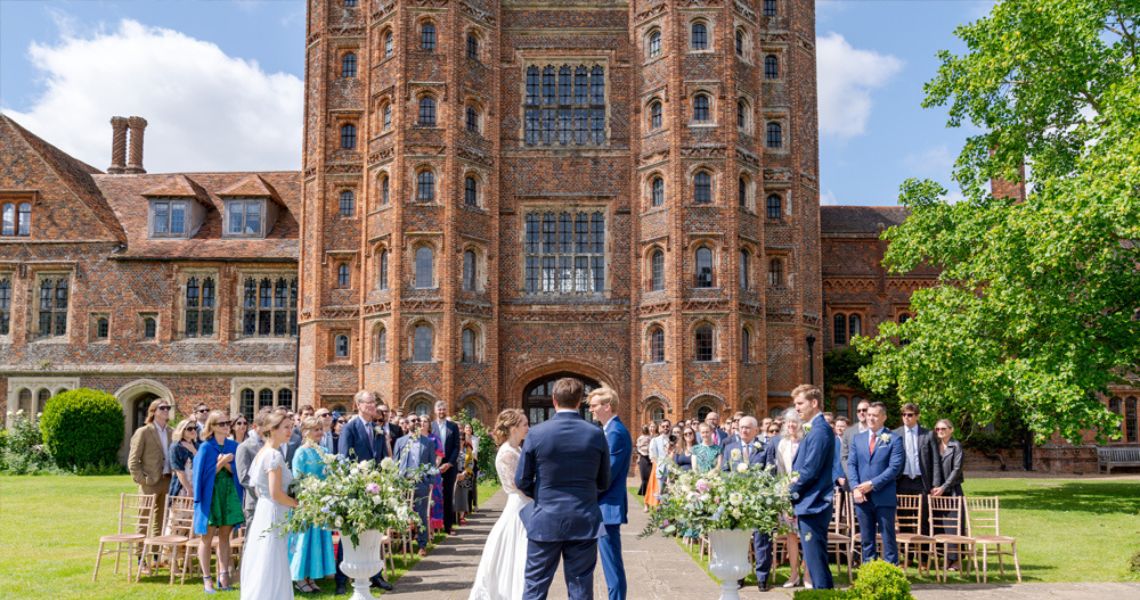When a relationship comes to an end, one of the biggest concerns is what happens to the shared home. Whether you’re married or in a long-term relationship, the decisions made regarding the home can affect both parties financially and emotionally.
This article explores what happens to your home after a relationship ends and provides insights into your legal options.
Understanding the Legal Aspects
The first thing to note is that if you are married, the home is considered a marital asset and may be subject to division during divorce proceedings. Even if you are not married, but you and your partner lived together and shared financial responsibilities for the property, the home may still be divided depending on your specific circumstances. Jones Whyte family lawyers can provide expert guidance on how your home will be treated under the law and what steps to take to secure your interests.


In Scotland, the law ensures that property acquired during the relationship is typically divided equally between the two parties. However, this is not always straightforward. Factors such as the length of the relationship, contributions made to the household, and the needs of any children involved can influence the final decision.
What Are the Possible Outcomes?
There are a few potential outcomes for the shared home after a relationship ends.
Selling the Property
If both parties agree, selling the home and splitting the proceeds is often the easiest solution. The sale will be handled by estate agents, and the net proceeds will be divided according to what has been agreed or as dictated by the court, depending on the circumstances.

One Party Keeping the Home
In some cases, one party may want to remain in the home, particularly if there are children involved. If this is the case, the other party may be bought out of their share of the property. This may involve taking out a mortgage in the name of the party staying, or both parties may agree on the valuation of the home to facilitate the buy-out.
Property Ownership Disputes
If there is a disagreement over who should keep the house or how the property should be divided, legal intervention may be necessary. Property ownership disputes can become complicated, particularly if there is a lack of clear agreements in place. It’s important to have legal representation to protect your rights.
The Role of Family Lawyers

Family lawyers can help you navigate the complexities of property division. They can assist in mediating disputes, ensuring that your interests are considered and that the financial aspects are handled fairly. From the initial consultation to the final settlement, having legal expertise on your side can provide clarity and peace of mind during an emotionally taxing time.
Considerations for the Future
When making decisions about your home, it is essential to consider future financial stability. Whether you plan to sell, buy out your partner, or keep the property, it’s vital to weigh the long-term financial implications. Consult with a financial advisor or your family lawyer to understand the tax implications, ongoing mortgage responsibilities, and potential for future disputes.
Images courtesy of unsplash.com and pexels.com












